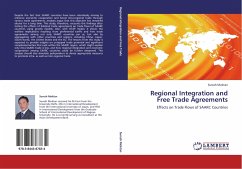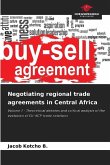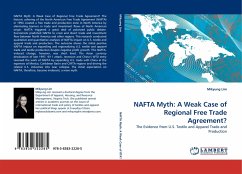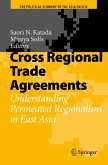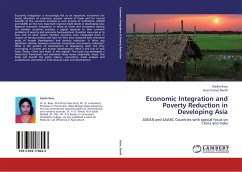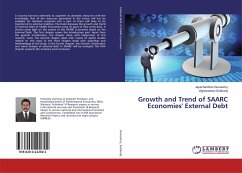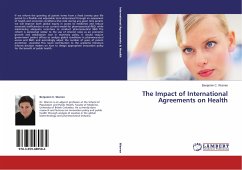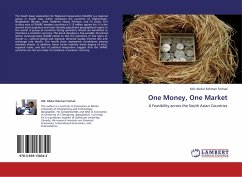Despite the fact that SAARC countries have been relentlessly striving to enhance economic cooperation and boost intra-regional trade through various trade agreements, analysts argue that this objective has remained elusive for a long time. This study, therefore, recounts the findings after testing the effects of bilateral trade agreements on trade flows of SAARC countries using gravity models. Also, with GTAP model, it shows the welfare implications resulting from preferential tariffs and free trade agreements among not only SAARC countries per se, but also by aggregating with other countries and regions, including China, Japan, South Korea, the United States and the EU. The lessons from this study is expected to provide insights on untapped trade potential and significant complementarities that exist within the SAARC region, which might explain why intra-SAARC trade is low, and how regional integration and economic cooperation among SAARC countries could be further deepened. Theanalysis should also stimulate policymakers to devise appropriate measures to promote intra- as well as inter-regional trade.
Bitte wählen Sie Ihr Anliegen aus.
Rechnungen
Retourenschein anfordern
Bestellstatus
Storno

